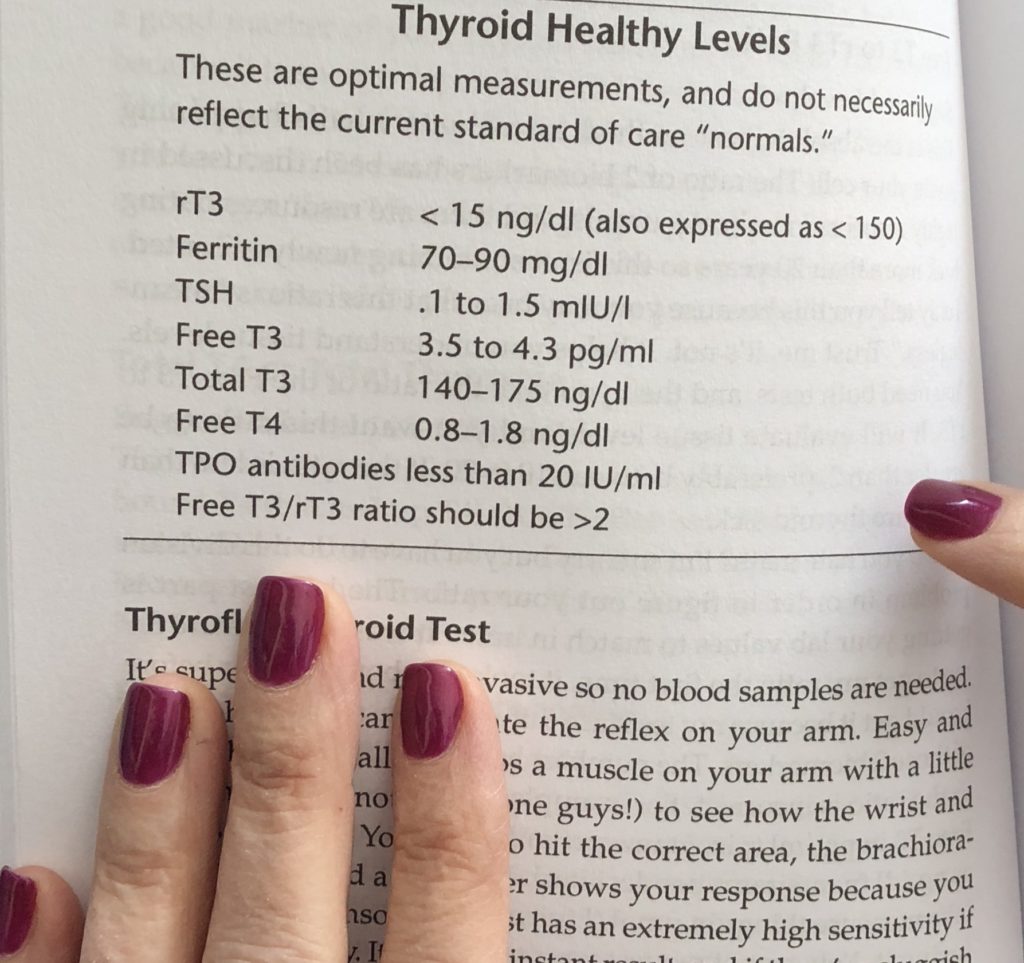What's On This Page?
ToggleThere’s an epidemic of tired, overweight folks who don’t know they’re hypothyroid because of improper testing. How you measure thyroid hormone matters, and the levels do too. Normal isn’t necessarily optimal!
As our understanding of thyroid health continues to evolve, it becomes increasingly clear that proper testing and personalized treatment are essential for managing this complex gland’s function. With an apparent epidemic of individuals experiencing symptoms of hypothyroidism, yet remaining undiagnosed due to outdated testing methods, it’s time to delve into why a comprehensive approach is crucial for accurate diagnosis and effective treatment. Why would I say this?
How You Measure Thyroid Hormone Matters
Because some old-school physicians are still drawing blood levels of TSH (thyroid-stimulating hormone) as the sole method to evaluate thyroid function. TSH is incapable of telling you or your doctor what’s happening inside your cells. It’s fine to check as part of a comprehensive profile, but not by itself. People are often told they have “normal” thyroid levels, based upon their “normal” TSH.
TSH is a brain hormone and has nothing to do with intracellular (mitochondrial) levels of active thyroid hormone called “T3.”
You see, TSH may very well be normal, while T3, (the hormone you want) is desperately low. You will hold on to weight, have dry skin, suffer from hair loss, fatigue, muscle aches, arrhythmias, depression, forgetfulness, anxiety, and low libido. Regardless of your misery, you may still be told you okay, because your TSH is okay.
Big mistake! Huge!☹️
The Continued Relevance of T3 and Comprehensive Testing
TSH is just a messenger hormone, it’s not active although levels are ideal around 0.1 to 1.0 mIU/l. People who feel fantastic have adequate levels of T3 inside their cells. This is why when your doctor measure thyroid hormones, they should get a “free T3” as part of the blood test.
Measuring a “free T3” gives you relevant, usable data. I’d shoot for 3.5 to 4.2 pg/ml myself. For that matter, you should read this article because normal levels aren’t optimal: 5 Essential Tips To Interpret Your Thyroid Lab Results: Normal Isn’t Optimal.
During the same blood test, you should also measure T4 (which is an inactive hormone, but it converts to T3). This is important to ascertain because it gives you a gauge to see how much hormone is available to eventually become active.
Even now, the importance of T3 remains undiminished. Research continues to back the necessity of including a free T3 test in thyroid evaluations. Without this, many individuals might be missing out on the full picture of their thyroid health, potentially leading to suboptimal treatment strategies. The following picture is from my book, Thyroid Healthy.

Reverse T3: The Underappreciated Marker
Evaluating blood levels of Reverse T3, also called “Reverse thyronine” and abbreviated as “rT3,” is equally important. Elevated rT3 causes all the symptoms of clinical hypothyroidism I just mentioned. It’s often high in people with heavy metals. Despite its critical role, some healthcare providers still overlook this marker, which can provide significant insights into thyroid health.
Evaluating blood levels of Reverse T3 also called “Reverse thyronine” and abbreviated as “rT3” is equally important. Reverse T3 is a mirror image of active T3. Elevated rT3 causes all the symptoms of clinical hypothyroidism I just mentioned. It’s often high in people with heavy metals. I lecture around the world and still meet physicians who dismiss rT3.
Did you know that hypothyroidism is a major cause of diabetes? Read my other blog, The 7 Signs Of Diabetes That Mimic Thyroid Disease.
When rT3 is high, that means it’s poised like a pitbull on your cells’ receptor sites preventing the real deal (T3) from entering the cell. The net result of elevated rT3 is you feel like a zombie. But again, if your TSH is normal, or your rT3 is never measured, you will be dismissed as normal. I wrote a blog on this topic, consider reading, Measure Reverse T3 and Get Healthy.
The Shift in Thyroid Medication Philosophy
The approach to treating thyroid imbalances with medications like natural desiccated thyroid (NDT), such as Nature-Throid and Armour, is gaining more acceptance. These medications contain both T3 and T4 and could be more effective for individuals who struggle with T4 to T3 conversion, a common issue among those with thyroid disorders.
I prefer natural desiccated thyroid (NDT) for medication treatment, such as Nature-Throid, and ARMOUR over levothyroxine (Synthroid). My rationale is that NDT drugs contain both T3 and T4. Remember T3 is what you ultimately want. Synthroid is exclusively T4, so your body has to convert it to T3 before you can use it. Unfortunately, people with metabolic issues or digestive problems can’t convert well. Your physician can also prescribe plain “T3 compounded” if that is more appropriate for your individual case.
To watch a video about thyroid and testing, Click Here
To gain lifetime access and listen to the videos from my epic “Thyroid Summit” Click Here

Suzy Cohen, has been a licensed pharmacist for over 30 years and believes the best approach to chronic illness is a combination of natural medicine and conventional. She founded her own dietary supplement company specializing in custom-formulas, some of which have patents. With a special focus on functional medicine, thyroid health and drug nutrient depletion, Suzy is the author of several related books including Thyroid Healthy, Drug Muggers, Diabetes Without Drugs, and a nationally syndicated column.



